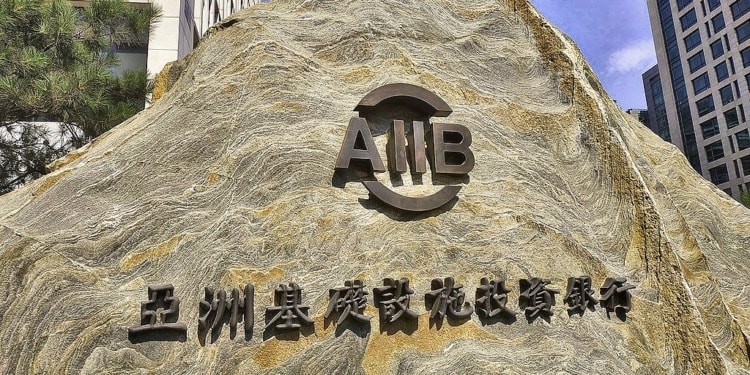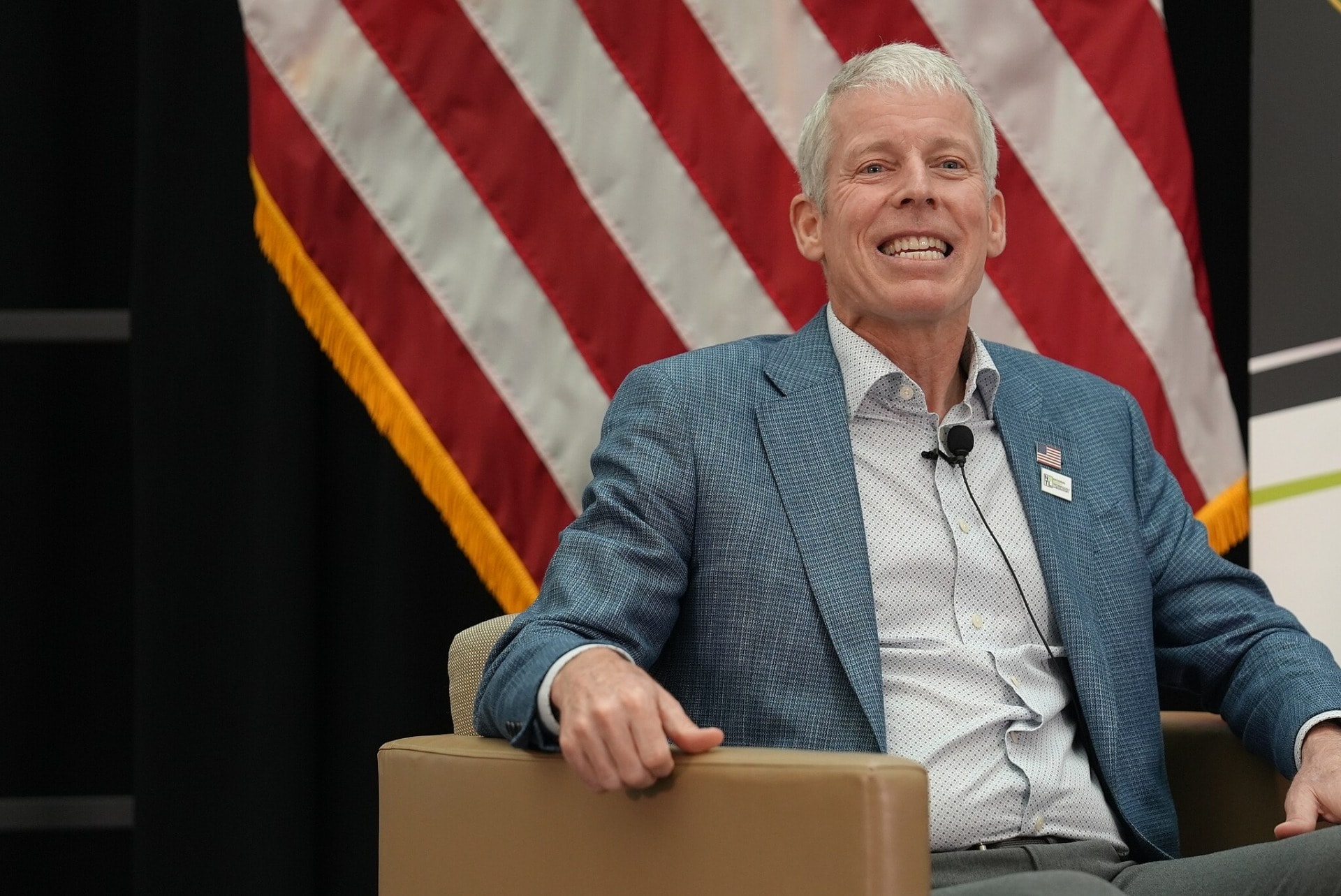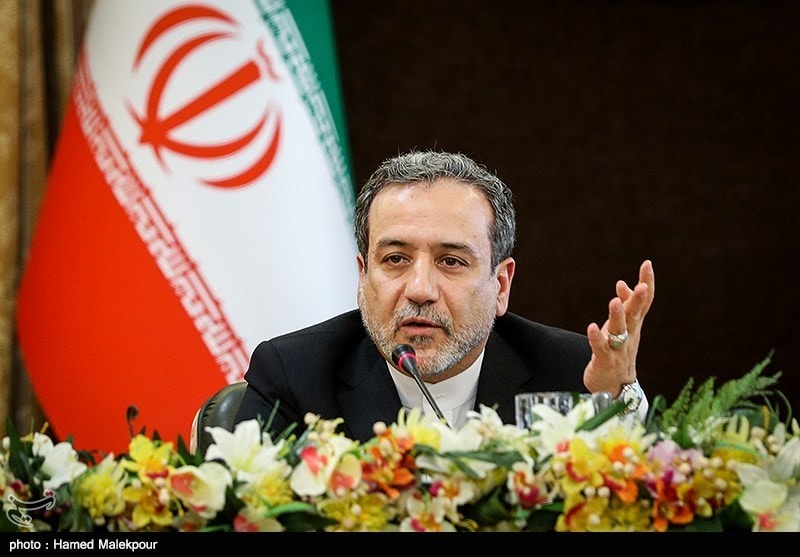In 1989, political scientist Francis Fukuyama declared “the end of history,” arguing that with the fall of the Soviet Union, the Western liberal model of democracy had prevailed as the ideal form of government. Fukuyama aligned himself with advocates of neoliberalism, ignoring the consequences of its policies, which resulted in failed states and increasing poverty.
Philosopher Jacques Derrida has criticised Fukuyama’s liberal understanding of politics and revealed the violence, inequality, and exclusion of neoliberal politics:
“For it must be cried out, at a time when some have the audacity to neo-evangelise in the name of the ideal of a liberal democracy that has finally realised itself as the ideal of human history: never have violence, inequality, exclusion, famine, and thus economic oppression affected as many human beings in the history of the earth and of humanity. Instead of singing the advent of the ideal of liberal democracy and of the capitalist market in the euphoria of the end of history, instead of celebrating the ‘end of ideologies’ and the end of the great emancipatory discourses, let us never neglect this obvious macroscopic fact, made up of innumerable singular sites of suffering: no degree of progress allows one to ignore that never before, in absolute figures, have so many men, women and children been subjugated, starved or exterminated on the earth.”
In the 1980s, Margaret Thatcher and Ronald Reagan, advocating neoliberalist policies of economists like Milton Friedman, propagated the idea that unfettered capitalism would generate global prosperity if capital, goods and investment flows were free of government intervention.
The idea that global capitalism ensures prosperity and perpetual growth for all has proved to be illusory. Instead, unfettered capitalism has led to growing inequality and led to violent protests such as at the Seattle Ministerial Conference in 1999.
The Seattle protests were directed against the failure of the World Trade Organization’s (WTO’s) free trade policies to reduce world poverty and to promote respect for human rights. The Seattle protests, the first international protests to be organised over the Internet, launched a worldwide anti-globalisation movement.
The World Bank, the International Monetary Fund (IMF), and the WTO played a dominant role in promoting global neoliberal economic policies after the collapse of the Soviet Union, resulting in the emergence of failed states and significant poverty development in South Asia and many sub-Saharan countries.
Currently, the 46 least developed countries still have de facto no access to the world market. The global trade regime primarily serves the interests of rich industrialised nations and multinational corporations, to the detriment of the world’s poorest countries. This has created economic winners and losers.
The EU’s increasing loss of political significance
The 2008 global financial crisis was the culmination of the failure of neoliberal economic policies. Whereas in previous financial crises, such as in Mexico (1994-95), in Argentina (1995) and in East Asia (1997), capital withdrawals were local, they reached unprecedented worldwide proportions during the global financial crisis.
In the aftermath of the crisis, there was a resulting political fallout. Greek illiquidity and its ripple effects were felt throughout the European Union and led to doubts about its political and economic cohesion. The refugee crisis in 2015, resulting from the Iraq and Syrian Wars, led to increasing Euroscepticism.
Poland, Hungary and the Czech Republic, which joined the EU as part of its eastward enlargement, accepted the internal common market and economic union but have rejected large parts of the political union and the democratic values of the EU. Due to their refusal to abide by existing commitments to shelter refugees in violation of European Union law, the EU entered a state of deep crisis.
Internal disagreements within the EU and an increasingly unstable partnership with the US during the Trump administration have significantly weakened the EU as an international foreign policy actor.
In his 2009 remarks on the acceptance of the Nobel Prize in Oslo, US President Barack Obama noted the post-war order was not simply achieved by institutions and treaties but that the United States had underwritten global security for the past six decades. Prior to the speech, he had already announced the intention to withdraw from Iraq and Afghanistan.
In fact, Obama initiated a policy shift in the focus in US geopolitical interests from Afghanistan and the Middle East to the Asian Pacific, both through military build-up and the creation of the Trans-Pacific Partnership Agreement in 2015-2017.
Obama’s decision to shift the US geopolitical focus to the Pacific has had consequences for Chinese and Russian foreign policy. China had long begun to increase its influence by using the WTO, which it joined in 2001, to assert its growing claim to hegemony.
Since then, with the help of the Russian Federation, China has created an alternative architecture of global governance, the BRICS trade bloc created in 2009, whose members are Brazil, the Russian Federation, the Republic of India, the People’s Republic of China and the Republic of South Africa; as well as the Contingent Reserve Arrangement (CRA) of the BRICS countries and the SCO (Shanghai Cooperation Organisation).
Since 2013, this has served as a de facto development bank that provides liquidity to the BRICS countries. In addition, China has launched the “One Belt, One Road” initiative. The Belt and Road Initiative (BRI) started in 2014 after President Xi Jinping and Vladimir Putin reached an agreement on the development of the BRI.
The growing importance of the BRI for Russia’s independence from the West, combined with the weakening of the EU through internal disagreements and disagreements with its allies, especially the US and ultimately Turkey, has created space for Russia to establish itself and provided it with newfound self-confidence.
The rise of populism and the resurgence of nationalism in Europe and around the world set the stage for Brexit and strengthened authoritarian regimes.
To date, the EU has been unable to fill the power vacuum created by the lack of US leadership. This was particularly evident after then-US President Trump’s agreement with the Taliban to withdraw US troops from Afghanistan, which President Joe Biden implemented.
After twenty years of occupation and many unfulfilled promises to help build a democratic state, the Taliban regained power in Afghanistan.
Germany failed to evacuate many local aid workers from the country, although it had been clear for months that the US would withdraw its troops and although they were facing certain retribution from the Taliban. Now they must fear for their lives and the lives of their families.
Russia’s war: The end of our world order
Russia’s war of aggression in Ukraine must be understood against the background of NATO’s expansion to Russia’s western border in the 1990s, despite assurances by the West to the contrary.
The bombing of Serbia in 1993 by the US led the Kremlin to believe that the Russian Federation would again play a relevant geopolitical power only in a multipolar world. This started a rethinking process in Russia in 1996 illustrated by Moscow moving its Stabilisation Force (SFOR) troops from Bosnia to Pristina in 1999 to avert a further advance of NATO-affiliated Kosovo Force (KFOR) troops and to prevent Serbia from losing more territory.
The bombing of Serbia in 1993 and the Second Iraq War in 2003, both undertaken without a UN mandate, called into question US leadership and resulted in the ongoing erosion of US commitment to democratic values and international agreements.
The Second Iraq War marked a turning point in US foreign policy and questioned its commitment to the international order and human rights. In dealing with new global security challenges, the United States relied on Cold War strategies to advance geopolitical and economic interests through military strength.
Ironically, US attempts to advance its geopolitical and energy security interests in the Middle East increased the influence of Russia and China in the region.
Russia took the United States’ failed mission to bring peace to Iraq, Libya, and Syria as an opportunity to assert itself as a regional power in the Middle East, particularly in Syria and Iran. Russia has been rearming for the last decades, today it has the second largest nuclear arsenal, and is the second strongest military power in terms of firepower behind the United States.
This rise of Russia and China as military and geopolitical actors coincided with the increasing economic power of the BRIC trading bloc and provided an influential economic counterweight to the United States and Europe in global trade.
The new economic and financial status of the BRICS countries is one of the main reasons for the ineffectiveness of the European sanctions imposed on Russia in 2014 after the annexation of Crimea.
The Crimean annexation, the poisoning of Russian opposition leader Alexei Navalny in August 2020, that same month Lukashenko’s election victory in Belarus and his nationalist refugee policy supported by Russia contributed to further destabilisation of the EU-Russian-relationship. Poland’s refusal to accept refugees as an EU member also played into the hands of Belarus and de facto benefited Putin.
On 24 February 2022, Putin ordered his troops to invade the Ukraine, thus breaking the United Nations Charter and international law. Russia’s war of aggression against Ukraine is not only a sad climax in the escalation between Ukraine and Russia but also between Russia and the Western NATO powers.
The harsh economic sanctions such as the suspension from participation in the SWIFT payment system and the extensive confiscation of Russian assets have not led Putin to back down. On the contrary, before the G7 summit, he again threatened to station nuclear missiles in Belarus.
Putin’s clear message and recurring warning to the West is that Moscow will attack targets that have thus far been spared, if the West supplies Ukraine with long-range weapons that can reach Russia. What that means exactly is anyone’s guess, but it could mean a further escalation of the war into neighbouring European countries.
Putin recently stated that if Ukraine received long-range missiles, Russia would draw the consequences and use means of destruction, of which Russia has many.
There are indications that the world is moving into a new bipolar era, in which China, Russia and their allies would represent one pole and the United States, Europe and their allies the other pole.
The BRICS trading bloc and the Asian Infrastructure Investment Bank (AIIB), which now includes most Asian countries as regional members, as well as 17 NATO member states, shows that China, Russia and other countries represent an alternative to the US and EU.
These developments led the Trump administration to conclude that the attempt to convince China to align itself with the United States, beginning with Nixon’s visit to China in 1972, was a failure.
As with many US foreign policy reversals, this represented a radical break with the past. It included bans of Chinese technology and trade sanctions which endangered the existence of the WTO.
In a 2020 policy speech titled “Communist China and the Free World’s Future,” then-Secretary of State Michael Pompeo said: “America can no longer ignore fundamental political ideological differences between our countries, just as the CCP [Chinese Communist Party] has never ignored them.”
This was a formal declaration of a new cold war between China and the US. Although the Biden administration has toned down the cold war rhetoric, its economic and trade policies are just as aggressive as those of his predecessor.
In terms of security policy, we are already in a multipolar world in which Russia has managed to assume a central role through its military importance. BRICS, BRI and the China International Payment System (CIPS), which is parallel to the US-controlled Swift System, make it clear why the current sanctions against Russia are not achieving the success desired by the West.
What next? As the West loses leadership, China is on the rise
The unravelling of the post-war order is in full swing. For many, the breakdown of the Soviet Union marked the failure of a socialist planned economy and the triumph of market capitalism.
Recent market failures, such as the 2008 global financial crisis and the growing inequalities in economic outcomes, have shown that neoliberal (market) capitalism can lead to economic, political, and social disenfranchisement. This calls into question the global leadership of Western-style democracies.
Recently, through their geopolitical, military and economic power, China and Russia have challenged the model of democratic capitalism under Western leadership.
The powerlessness of the Western world is particularly evident in its handling of the Russian invasion of Ukraine. Europe’s dependence on Russian gas and Ukraine’s important role in global grain supplies make a rapid end to the war increasingly urgent, while China, the biggest dictatorship in the world, is embolden in its view of waning influence of the West.
China could indeed become the new superpower despite its centrally planned economy and suppression of civil liberties.
The alliance between Russia and China, especially through powerful trade agreements such as BRICS and the BRI through the CHIPS payment system, has ushered in a new world order.
It remains to be seen whether, in addition to the economic and ideological competition between the US and China, there will be a military confrontation in the South China Sea, and whether China, Russia and the West will seek confrontation in the struggle for resources or whether there will even be a new global cooperation under Chinese leadership in the fight against climate change.
Finally, military conflicts and the international economic policies of recent decades have left the countries most affected by climate change the least able to protect themselves from its consequences.
Developing countries suffer immensely from the consequences of environmental destruction, for which China and the US bear the greatest responsibility. In the Russia-Ukraine war, no side seems to pursue a strategy of de-escalation.
At a time that urgently calls for cooperation, our world is becoming increasingly fragmented and disintegrating into alarming regional alliances that are often nationalistic and anachronistic in tone.
The West’s attempt to break Russia’s resurgent claim to power through economic sanctions is not a viable strategy; Russia’s security interests must be taken seriously, especially in conjunction with China.
China is expanding its geopolitical influence by providing alternatives to a US-dominated economic system, while leveraging the existing order and global governance structure with its sphere of influence in its favour.
The misuse of Article 51 UN Charter: “self-defence”
The new world order does not favour pacifist strategies of conflict resolution, even though “war as a continuation of policy by other means” has been rendered obsolete by the creation of the UN and overcome by the world community.
Instead, this anachronism has once again become a possible way of acting. At least since the bombing of Serbia, the Western and Russian sides have justified their wars on the grounds of “just war,” although the last evident “just war” was the one against Nazi Germany.
The right to self-defence under Article 51 of the UN Charter inherently refers to customary international law and should only be exercised when an armed attack occurs. In the past decades, the US and Russia have repeatedly abused this right as “preventive self-defence”.
The newly started arms race and the lack of peace-keeping diplomacy in a multipolar system currently leave little room for a positive forecast.
This makes it even more important to exhaust all available diplomatic means for negotiations with Russia and Ukraine to end this war and to work on a security architecture that primarily focuses on peacekeeping and less on deterrence through armament.
Editor’s Note: The opinions expressed here by the author are their own, not those of Impakter.com — In the Featured Photo: Stone with the name of Asian Infrastructure Investment Bank. Source: Photo by 颜邯 taken on July 4, 2019 (wikimedia cc).













